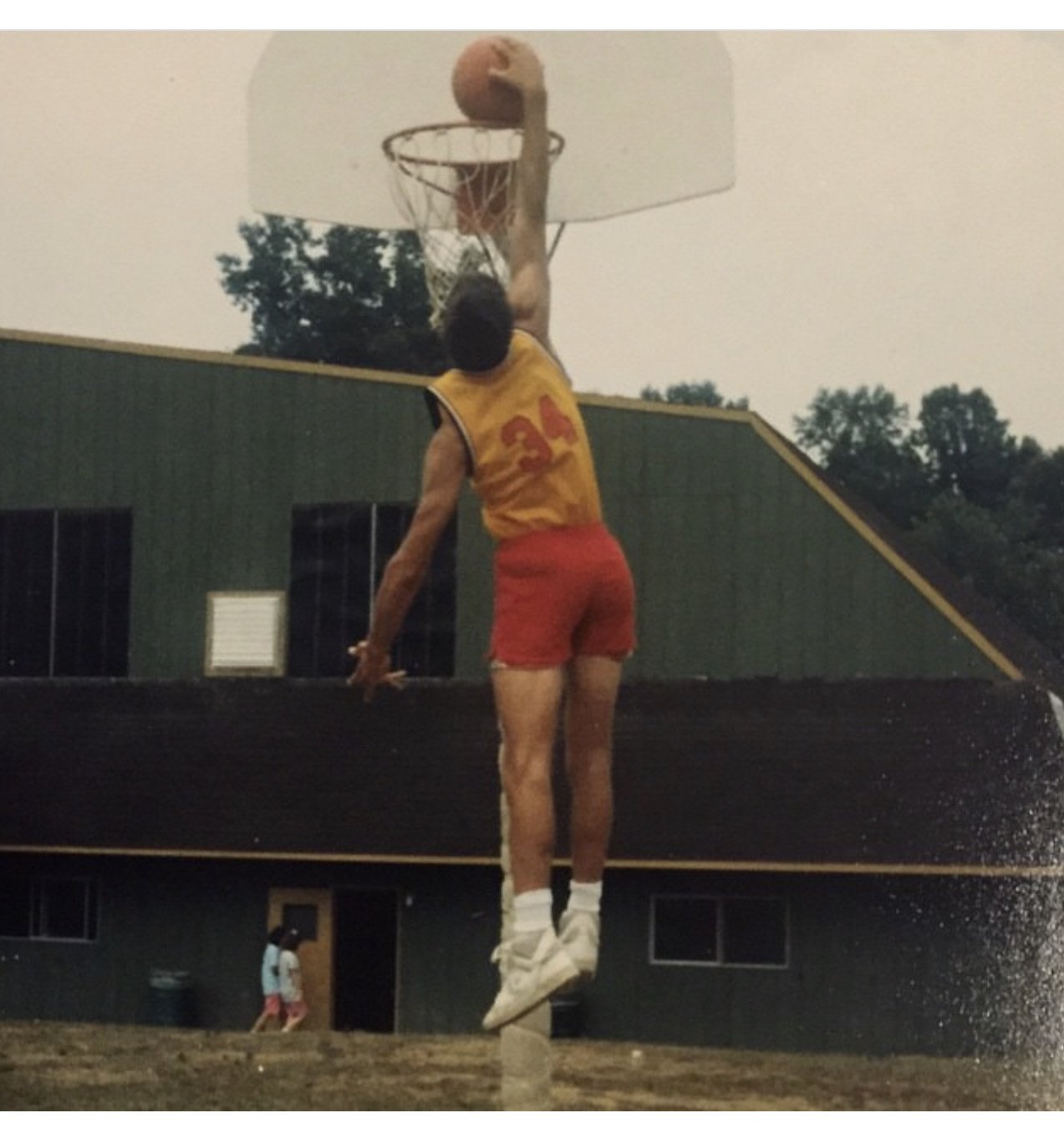What Are We Training For?
“So... can you dunk?”
That was the second question of my very first job interview in Hollywood.
I hadn’t been in Los Angeles a month. I found myself face to face with a fast-talking entertainment executive, me giving all the eye contact and professionalism my midwestern upbringing afforded me – him taking 10 minutes out of a busy day to determine “mailroom capability.”
This unexpected question came at the end of the interview at a name brand talent agency, a screening for the lowest position on the entertainment food chain. The mailroom is a job that acquaints you with the various personalities of the company by way of sorting each person’s snail mail in the basement of an iconic building - where your real goal is to move up to the higher floors. But for all the job lacked in status, the mailroom was also a guaranteed promotion, often to a desk, where, as an assistant you became the gatekeeper and wing-position to a high voltage agent. The next step being assistant agent – and then agent.
So I was a pretty excited kid.
I nodded yes to the dunk question, which was followed by, “No, I mean, can you really throw it down?”
Turns out, the company needed players to join their corporate basketball team. While mailroom positions were also available, it was a secondary skill set that converted the person in charge of my immediate future from “so what?” to “you’re hired.”
The next day, I was on the job, learning the basics of mailroom hustle. That evening, I was demonstrating a different kind of hustle on the basketball court, and one that connected me to players far, far beyond my status or paygrade. I could now greet these people in the hallways or exchange stats at the coffee machine, whereas my counterparts in the basement were still terrified of speaking in front of the power broker set.
Reflecting back on this time in my life, there’s an interesting paradox.
Most of us have a perceived disconnectedness related to ancillary capabilities, prioritizing core strengths over all else. Surely “executive function” is more valuable than “court skills.” But can we be sure?
My partner in the upcoming Young Professionals coaching series, brand strategist Amy Swift Crosby, shared a similar story with me last week.
“I was on a photo shoot with my boss, a very famous model from the 80’s and 90’s (who still works today). We’d been flown to central America for the shoot – probably 7 other people in tow, including the photographer, make up artist and stylist. When we landed and went to get the rental car, it was discovered that only a stick shift was available, apart from the production van. I had learned to drive on a stick shift, and while no one else was comfortable taking on the job, it was almost my natural habitat. I remember feeling so happy to have saved the day in that moment. But driving in a chaotic city like San Salvador, with thousands of cars competing for small turns and freeway lanes, was the next challenge. Everyone was edgy about it. But for me, as crazy as it was to see donkeys in the middle of traffic, with zero visible lane lines, stop signs or the other usual hallmarks of North American driving, I was up for the challenge. Having worked in production in New York City, I’d driven huge trucks through the similarly-chaotic bustle of Manhattan. This almost seemed easier to me. I had no idea, prior to this, that any of this would ever matter, much less make me a hero. But on that week, I went from wing-man to pole position on the team, simply because I had surprising capabilities no one else had. Being semi-fluent in Spanish was an added bonus. It feels good to be useful in those situations, yet they have nothing to do with why you were hired for the position most of the time.”
It's so easy to feel we exist in the margins, as I did and as Amy did, until we end up front and center due to past experience.
As Simon Sinek wrote in The Infinite Game, “Our lives are finite, but life is infinite. We are finite players in the infinite game of life.” We don’t know which skills are going to be required when, and what from our background we will need to access. Misunderstanding our value is an easy way to erode confidence, play smaller and stagnate, and many of us do it because we think the strength of our value rests on our core function. It doesn’t.
Let’s not be confused - depth of knowledge in a particular specialty is essential in business today. But not being well-rounded is not only a career killer, it’s a less vibrant way to go through life.
If this resonates with you, or you know someone who feels restless, unmoored or isolated, and would like to use the next 3 - 5 years to be more intentional about their growth, earning power and creative potential, then check out The Long Corner, a group coaching program for young professionals. We help identify both obvious as well as hidden strengths. We’ll be looking to amplify the aspects of talents that you may not have even acknowledged fully.
This 8-week series starts September for 6 participants who say “I want to be more intentional about my life and career path. I’m ready to start right now.”
Looking forward to it.
BG
Looking to level up your business, unlock new opportunities, and build stable, sustainable growth?
There’s nothing like the value of a conversation. Let’s talk it through.
Click here to schedule a call.


